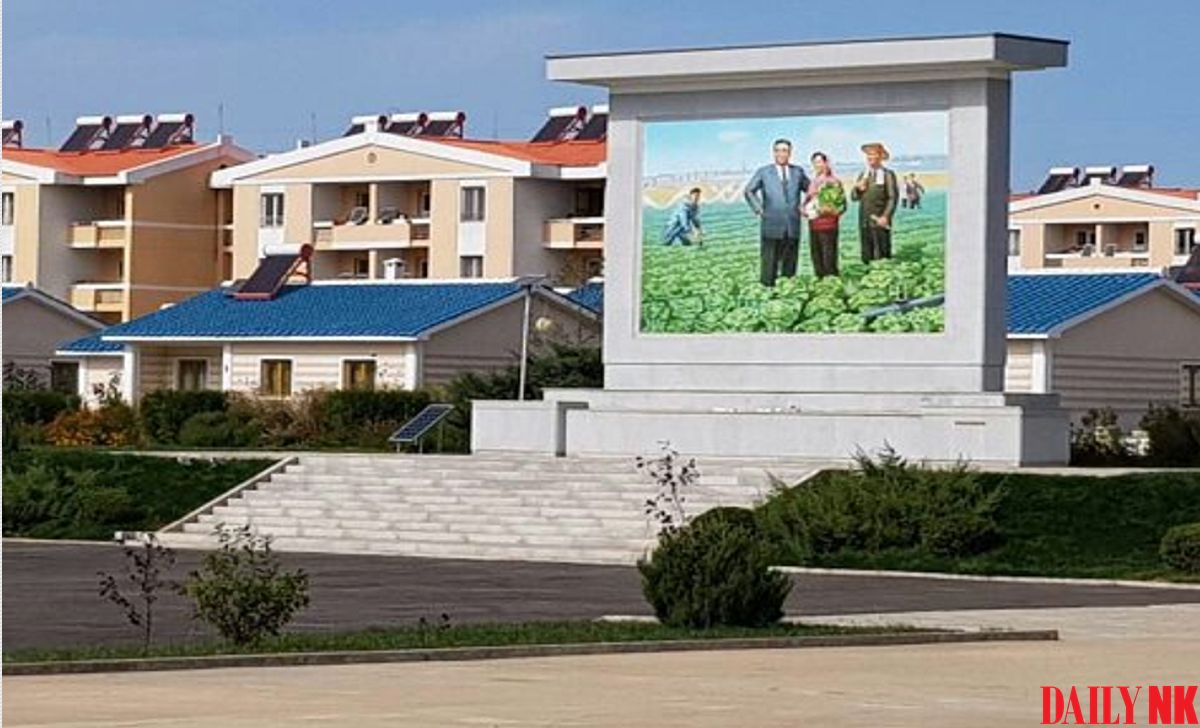
Over a month has passed since the US-North Korean summit was held in Hanoi and despite Kim Jong Un’s return “empty-handed” there have been no major indications that North Korea’s economy is facing significant new difficulties as a result.
Despite the poor harvest last year, the price of rice at the markets in late March was steady at around 4,000 KPW per kilogram. The currency rate has dipped from the beginning of the year and is hovering around 8,000 KPW per US dollar.
However, international sanctions on North Korea continue to cause difficulties for the country’s traders and mining industry. Musan Mine in North Hamgyong Province is selling its iron ore domestically as well as through smuggling networks to overseas markets. Most trading companies have suspended business operations and are not paying their employees. The cost of products requiring oil for production has spiked due to the decline in fuel supplies from abroad.
There appear to be varying opinions on the results of the Hanoi summit. Daily NK sources report that traders are frustrated, while many locals are blaming the “American imperialists” for the economic situation.
Sources report that ordinary residents just don’t know enough to change their opinions. North Korea intensified its control at the borders and over society at large before the Hanoi summit and the March 10 Supreme People’s Assembly (SPA) elections.
The Rodong Sinmun published an editorial on March 8 blaming the US and Japan for the failure of the summit, saying, “There were hopes that the Second US-DPRK summit would bring good results, but the summit ended unexpectedly without an agreement.”
Meetings and lectures held by the North Korean authorities for ordinary residents have not made any special mention of the failure of the US-DPRK summit following the Rodong Sinmun editorial. This may be because the North Korean authorities are wary of criticizing the US outright, hoping that negotiations will continue, a sentiment likely shared by Kim Jong Un himself. There have been cases, however, where lecturers in certain areas of the country have mentioned the failure of the summit and criticized the US directly.
Residents’ opinions on the state of the economy differ depending on the circumstances each individual faces. “Trading companies are limited in how much foreign currency they can earn because products that need oil and mechanical components like power supply equipment are hard to come by,” an employee of a North Korean Cabinet-affiliated trading company in Sinuiju told Daily NK on April 1. “No one’s sure what they should do each day to earn money.”
“Chinese traders avoid selling items banned by the sanctions and frequently try to get discounts on all sorts of North Korean-made items, so it’s hard to earn as much these days. We are helpless to protest against the Chinese traders in transactions. Ultimately, it’s all about finding products that enable both sides to make money,” the employee added.
A member of North Korea’s nouveau riche in Pyongsong, who builds apartments to sell, told the source that “government agency workers are emphasizing self-reliance and ‘overcoming difficulties’ but you can tell that they are really saying that if the sanctions aren’t lifted we’re in trouble […] It’s not easy to get materials to decorate the interiors of apartments that you’re planning to sell.”
However, ordinary residents seem to be in a better mood than industry insiders. “The country is well positioned both economically and ideologically,” said a merchant who has long conducted business at a market in Hyesan, Ryanggang Province. “When we conduct business we are all able to share in its fruits and become stronger together.”
“Officials are going around saying that [the failure of the summit] is President Trump’s fault, so the people are just blindly believing it,” said the source.
“The people haven’t gotten to the point of thinking how things will improve once the economic blockade has been lifted,” said the source. “They just have the vague belief that things will get better when the blockade is lifted because its made their lives so difficult for so long.”



















